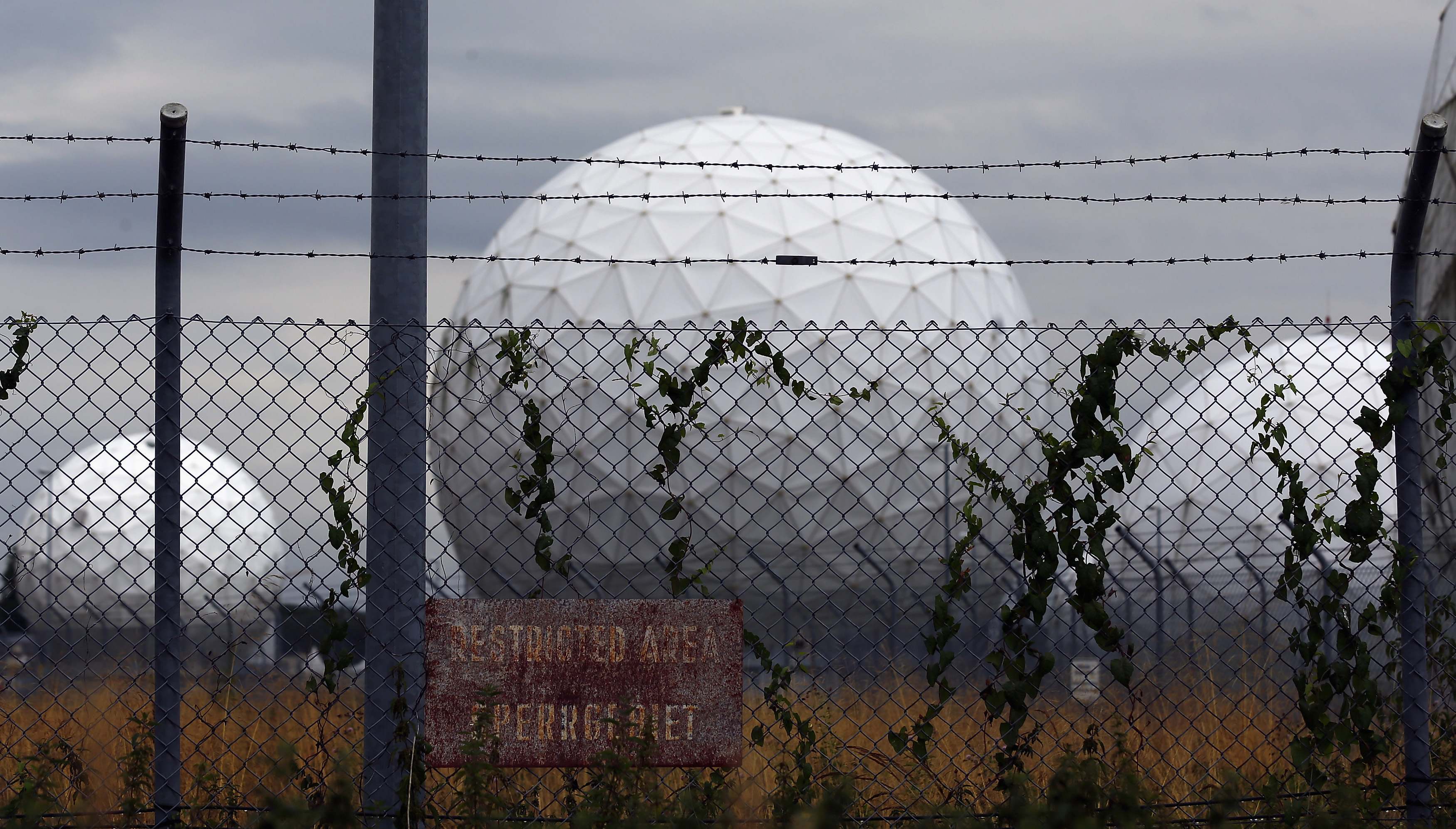As a trial run for the NSA and other foreign intelligence agencies, Canadian intelligence collected data from Canadian travelers who passed through major airports and connected to Wifi services and could then be tracked for days, CBC reported Thursday.
The Canadian Broadcasting Corporation said documents leaked by fugitive NSA contractor Edward Snowden show that Communications Security Establishment Canada (CSEC) could follow the movements of Canadians who passed through airports and connected to Wifi systems with mobile phones, tablets and laptops.
The document shows the agency could track the travellers for a week or more as they and their wireless devices showed up in other Wi-Fi "hot spots" in cities across Canada and even at US airports.
That included people visiting other airports, hotels, coffee shops and restaurants, libraries and ground transportation hubs and other places with public wireless internet access.
Under Canadian law, the spy agency's mission is to collect primarily foreign intelligence by intercepting overseas phone and Internet traffic. It is barred from targeting Canadians or anyone in Canada without a judicial warrant.
In recent months the agency has been accused of acting inside Canada.
It is alleged to have helped the NSA by providing intelligence during a G-20 summit in Toronto in 2010.
The report on the airport intervention contradicts statements by CSEC chief John Forster, who recently said "protecting the privacy of Canadians is our most important principle."
Prime Minister Stephen Harper appointed an independent investigator to make sure the CSEC was complying with the law.
CBC said the spy agency was testing a powerful new software it had developed with the NSA.
CBC said the technology was introduced in 2012 and is now fully operational.





















































